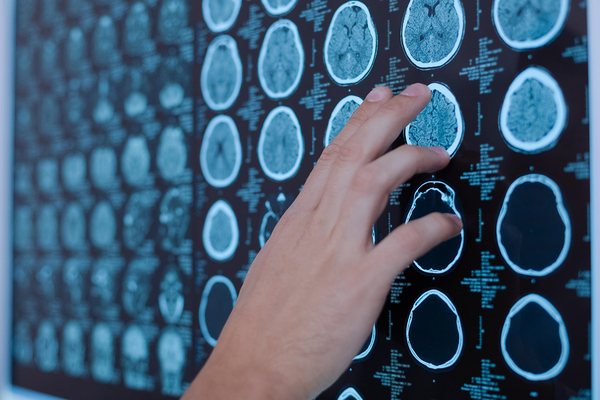
The brains of addicts differ from those of non-addicts.
When it comes to understanding addiction’s complex nature, addressing the “What is it?” question is only part of the equation. A question that also yields invaluable insights: “What makes addicts differ from non-addicts?” Read on for a roundup of four ways substance abusers differ from the rest of us.
1. Addicts are more susceptible to addiction.
Using drugs and alcohol is a choice; however, some people are more vulnerable than others to making the choice to use and then succumbing to the cycle of abuse. Consider the results of a Johns Hopkins study tracing nicotine addiction. Their findings, as reported by PsychCentral:
“There are definitely some people who are nicotine choosers and there are probably genetic or metabolic vulnerabilities that make people fall into one group or the other.”
But the inclination to abuse isn’t limited to nicotine and biology. Environmental factors also come into play, including trouble at home, school, and work, which can make people turn to drugs and alcohol to take their minds off their problems. In other words, while no one sets out to become an addict, some people are more predisposed to using—and becoming addicted to—drugs than others.
2. Addicts’ brains are different.
Drugs impact the brain by producing euphoric effects that motivate users to use again. Explains the National Institute on Drug Abuse (NIDA):
“Our brains are wired to ensure that we will repeat life-sustaining activities by associating those activities with pleasure or reward. Whenever this reward circuit is activated, the brain notes that something important is happening that needs to be remembered, and teaches us to do it again and again without thinking about it. Because drugs of abuse stimulate the same circuit, we learn to abuse drugs in the same way.”
And the connection between drug abuse and the brain doesn’t end there. Continues NIDA,
“We know that the same sort of mechanisms involved in the development of tolerance can eventually lead to profound changes in neurons and brain circuits, with the potential to severely compromise the long-term health of the brain. For example, glutamate is another neurotransmitter that influences the reward circuit and the ability to learn. When the optimal concentration of glutamate is altered by drug abuse, the brain attempts to compensate for this change, which can cause impairment in cognitive function.”
3. Addicts are surrounded by temptation.
It seems simple to the rest of us. Just as drug addicts can choose to use, so can they choose to stop using; however, this is much harder than it sounds—particularly when you consider the temptation that surrounds them.
In fact, this temptation is as biological as it is psychological. Explains NIDA,
“Long-term drug abuse can trigger adaptations in habit or nonconscious memory systems. Conditioning is one example of this type of learning, in which cues in a person’s daily routine or environment become associated with the drug experience and can trigger uncontrollable cravings whenever the person is exposed to these cues, even if the drug itself is not available. This learned “reflex” is extremely durable and can affect a person who once used drugs even after many years of abstinence.”
The takeaway? Addicts remain in danger of relapse, even well into their addiction recovery.

Understanding addiction brings families closer together.
4. Addicts live in a state of denial.
While we all have blind spots in our own lives, most people’s lives are rooted in truth. Conversely, addicts differ in that their entire lives are constructed around the lie that they don’t have a problem. Not only does this perpetuate the cycle of addiction, but it can also have an isolating effect as substance abusers attempt to hide their activities from the people around them.
The exception to this rule? Enablers of addicts are also in denial and may tell themselves that their loved ones are in control of their drug use, even though they clearly are not.
An addict’s behaviors can be difficult for others to understand. Unfortunately, this can widen the gap between addicts and their loved ones. Identifying and acknowledging these differences, however, can bridge the chasm and help support people with substance abuse problems on their lifelong journeys to sobriety.
We’re Here to Help
Contact us today to learn how Harris House can help addicts break the seemingly impossible cycle of addiction.







